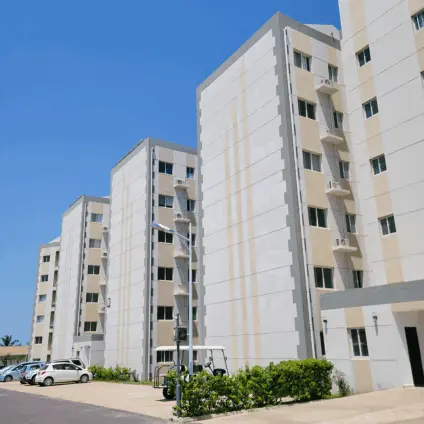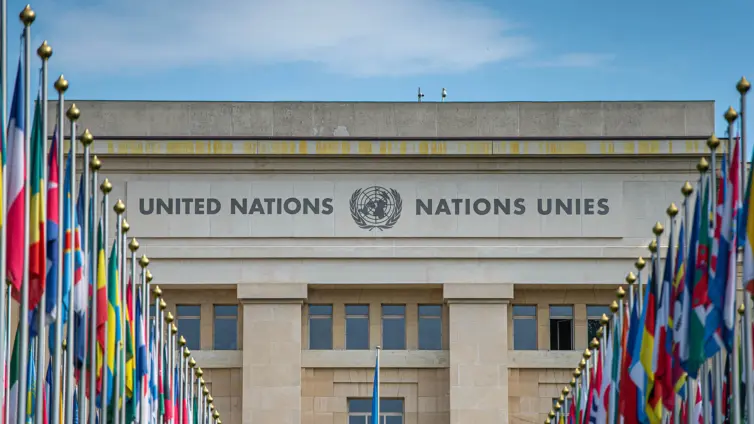The bustling spare parts market of Abossey Okai, a critical hub for vehicle maintenance in Ghana, finds itself at the center of a familiar economic tug-of-war. The Ghanaian Cedi has recently experienced a welcome appreciation against the US dollar, raising expectations that the cost of imported goods, including essential spare parts, would correspondingly decrease. However, consumers arriving at Abossey Okai with renewed hope are often met with the stubborn reality of unchanged prices, creating a palpable tension between buyer and seller. Are Abossey Okai spare parts dealers resisting these calls for price reductions, and if so, why? The answer lies in a complex interplay of economic factors and individual business realities.
For many dealers in Abossey Okai, the decision to maintain current prices is rooted in simple economics: existing stock was purchased when the Cedi was significantly weaker. To slash prices now would mean incurring substantial losses, potentially jeopardizing their livelihoods. The exchange rate lag effect is a primary reason why the anticipated relief hasn’t materialized for consumers seeking more affordable spare parts. The Abossey Okai situation illustrates the challenges of translating macroeconomic improvements into tangible benefits at the retail level. While the Cedi’s gains are encouraging, their impact on the ground is proving to be less immediate than many had hoped.
Francis Appiagyei, a spare parts dealer in Abossey Okai, articulated this concern in an interview with Citi FM. “For now, maybe it can’t be possible because we ordered the goods at a certain rate which is higher than what we are seeing now,” he explained. “With that price, we have to sell, and when the goods finish and you are ordering another one with a reduced [exchange] rate, then definitely the prices will come down.”
Beyond the exchange rate lag, dealers also express concerns about the long-term financial sustainability of their businesses. Prematurely reducing prices, without first selling existing inventory purchased at higher rates, could create a cascade of financial problems. This caution reflects the realities of running a small business in a volatile economic environment.
Yaw Ansong, another dealer in Abossey Okai, echoed this sentiment, stating, “Unless I sell the one which I already ordered and finish before I can reduce the [price] of the goods. I haven’t ordered a new one, so I can’t reduce the price. If I reduce the price, I am going to lose my job.” These voices highlight the delicate balance dealers must strike between meeting consumer expectations and protecting their own economic viability.
The Abossey Okai Spare Parts Dealers Association plays a crucial role in navigating these challenges. The association has advised its members to adjust prices in line with the Cedi’s appreciation, recognizing the need to respond to market forces and consumer demands. This guidance, however, doesn’t negate the individual concerns and economic realities faced by each dealer.
While immediate price reductions may not be feasible for all, some traders have indicated a willingness to lower prices in the future, contingent on the Cedi maintaining its newfound strength against the dollar. This conditional openness offers a glimmer of hope for consumers, but it also underscores the uncertainty that still prevails in the market.
Eric Osei Danso clarified this position: “We have come to understand that the dollar is down and the cedi is also going up, so we are going to do what they say, but not now. We will go down on prices when we see the dollar is still stable at where it is.” The emphasis on stability highlights the dealers’ desire for a predictable economic environment in which to make pricing decisions.
Dealers in Abossey Okai emphasize the importance of sound economic principles guiding pricing decisions, even if it means delaying immediate price relief for consumers. This perspective reflects a commitment to long-term business sustainability, rather than short-term gains or concessions.
For consumers seeking more affordable spare parts, this means patience is required. The anticipated price reductions are unlikely to materialize overnight. It will take time for dealers to deplete their existing stock and import new goods at the more favorable exchange rate before the benefits are passed on to the consumer.
The current situation in Abossey Okai underscores the complexities of import economics. While the Abossey Okai Spare Parts Dealers Association is encouraging price adjustments, individual dealers face financial realities that necessitate a cautious approach. For now, consumers will need to remain patient, with the expectation that the true effects of the improved exchange rate on spare part prices will become apparent only when old stock has been sold and new orders are placed. Checking back regularly with your local Abossey Okai dealer for updates remains the best course of action.
Image Source: MYJOYONLINE





















